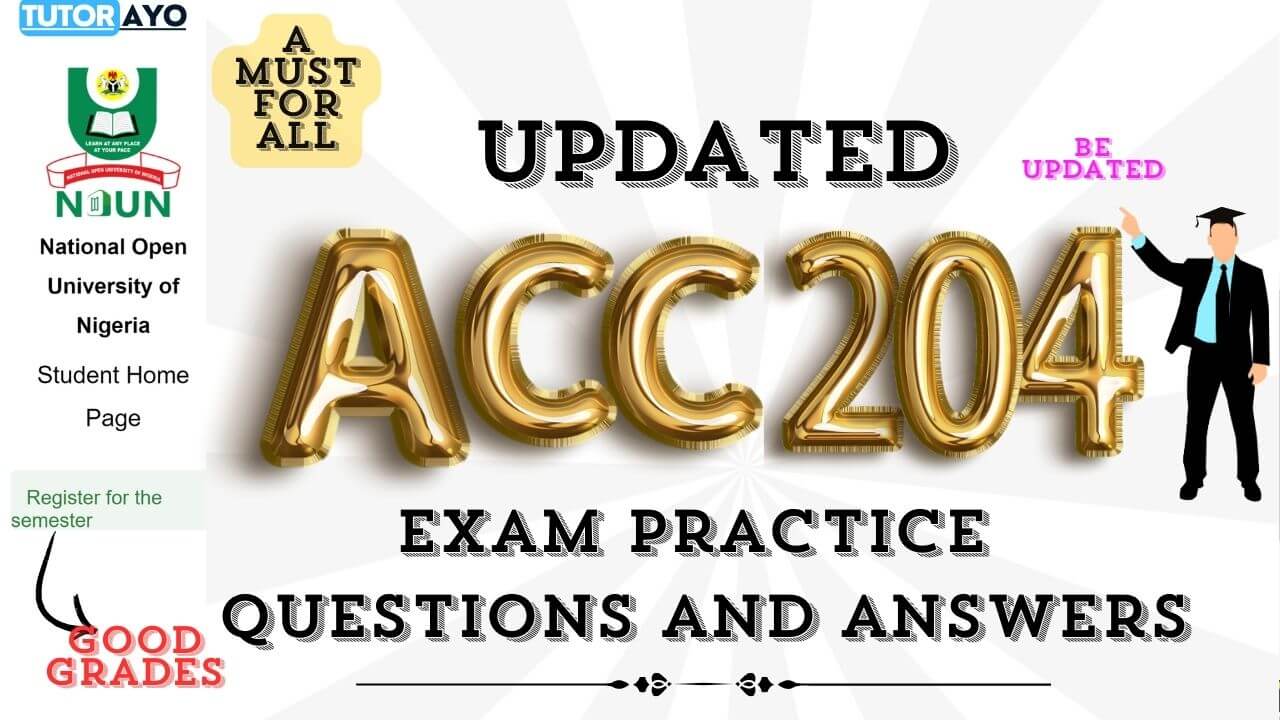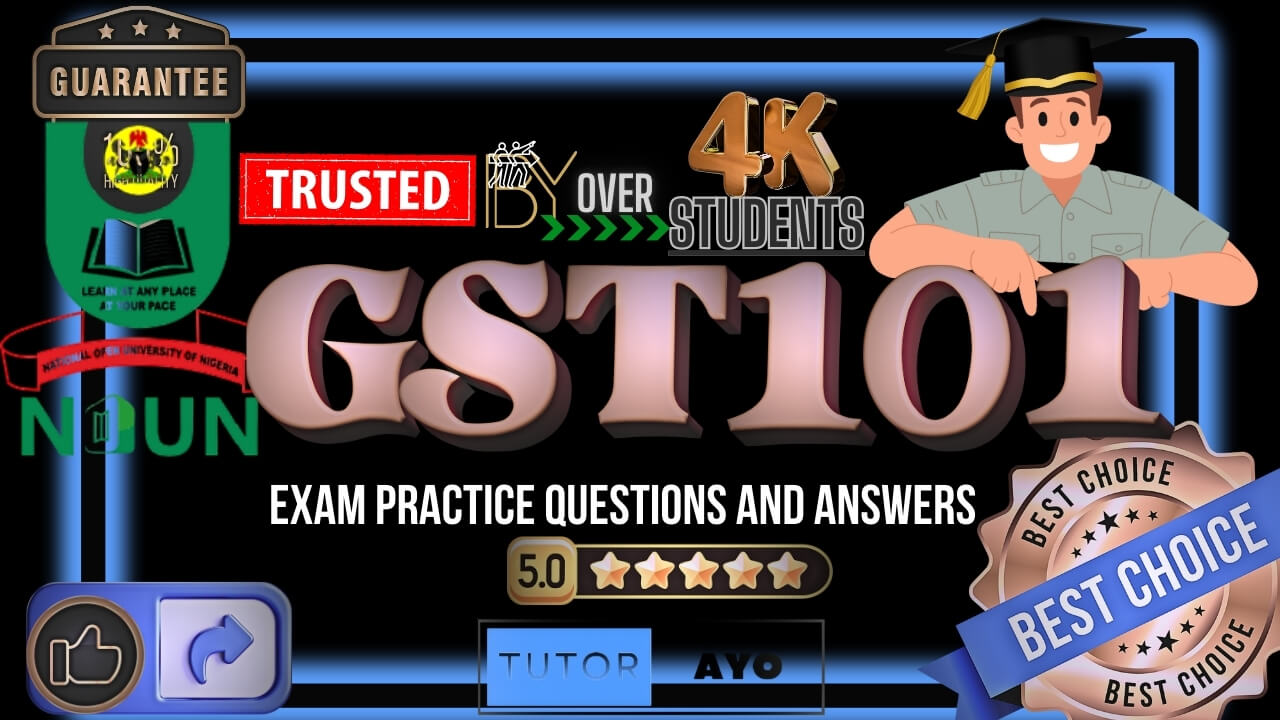1. There is no such thing as the exact or univocal definition of …..
a) Chemistry
b) Psychology
c) Philosophy
d) Accounting
2. Epistemology is the study or the ….. of knowledge.
a) Art
b) Philosophy
c) Science
d) Biology
3. Metaphysics is a general study of existence and……
a) Existence
b) Fallacy
c) Sci-fi
d) Reality
4. The word metaphysics are derived from the……. word meta-ta-physika, which means ‘after the physics.’
a) Latin
b) French
c) Greek
d) Hebrew
5. The word metaphysics was first used by Andronicus of Rhodes around ……. a commentator on Aristotle’s works.
a) 80 B.C.
b) 70 B.C.
c) 60 B.C.
d) 50 B.C.
WE ARE STILL ACCEPTING STUDENTS INTO THE PRIVATE CLASS. IF YOU ARE INTEREST CLICK HERE.
6. According to Aristotle, philosophy is rightly called the ….. of the truth
a) moments
b) time
c) knowledge
d) word
7. ….. is the study of the totality of the concrete spheres of material reality.
a) Philosophy
b) Science
c) Arts
d) Biology
8. All but one is not a Source of Knowledge
a) Reason
b) Sense of experience
c) Authority
d) Institution
9. There are also ….. steps and procedures in any scientific inquiry that one cannot avoid.
a) two
b) ten
c) six
d) four
10. The word ‘logic’ is derived from the Greek word logike, meaning “possessed of
…..
a) Reason
b) Intellectual
c) Dialectical
d) All of the above
11. John Locke argued that all of our ideas, whether simple or complex, are ultimately
derived from …..
a) reading
b) studying
c) experience
d) science
12. ….. mostly known as the branch of philosophy which deals with the
morality of human actions in society
Ans. Ethics
13. Philosophy really took off, though, with Socrates and Plato in the …..
Century B.C.
a) 10th – 11th
b) 5th – 4th
c) 19th – 20th
d) 8th – 9th
14. Aristotle was the ….. in the main trio of classical philosophers.
a) first
b) second
c) third
d) last
15. ….. tried to reconcile the rational philosophy of Aristotelianism and Neo-Platonism with Islamic theology.
Ans. Avicenna
16. Medieval Christians….. were all part of a movement called Scholasticism
a) fellowship
b) members
c) brothers
d) philosophers
17. Traditionally, logic is divided into two main branches namely ….. and
….. logic
a) Simple, soft
b) Maximum, medium
c) Formal, informal
d) None of the above
18. ….. grew out of wonder and curiosity.
Ans. Philosophy
19. A philosopher is a magician
TRUE / FALSE
20. St Anselm is often regarded as the first of the ……
a) Philosopher
b) Scientist
c) Scholastic
d) Teacher
21. The group that rejected all conventional desires for health,
wealth, power, and fame, and advocated a life free from all possessions
and property is known as …..
a) Cynicism
b) Stoicism
c) Hedonism
d) Epicureanism
22. ….. was just as concerned with natural philosophy and was also considered the first proper philosopher
a) Aristotle
b) Anselm
c) Thales of Miletus
d) Pluto
23. The minor branch of philosophy refers to the study of the fundamental
principles of the theory of education as distinguished from the science or art of ……
a) Human
b) Education
c) All of the above
d) None of the above
24. St Thomas Aquinas is known for his five rational proofs for the existence of …..,
and his definition of the cardinal virtues and the theological virtues.
a) Man
b) Science
c) Philosopher
d) God
25. Premise is also one of the basic concepts in ….., It is known as evidence or
reason.
a) science
b) philosophy
c) logic
d) law
26. According to the law, everything must choose to be either ……
a) A or not A
b) A or not B
c) B or not A
d) All the above
27. Socrates was the ….. to systematize the discipline.
a) third
b) first
c) last
d) second
28. At ….. level, it helps to provide insight in distinguishing among values and to identify for oneself what is best and most relevant
a) higher
b) lower
c) some
d) moral
29. Professional philosophy is usually identified as that produced by African
philosophers trained in the ….. philosophical tradition
a) Southern
b) Eastern
c) Northern
d) Western
30. ….. is not primarily concerned with facts or the “is”, but rather with the “ought”.
a) Science
b) Law
c) Ethics
d) All of the above
31. Philosophical sagacity also known as ….. philosophy
a) man
b) human
c) sage
d) stage
32. ….. is generally considered the greatest, and certainly had the greatest influence on the theology of the Catholic Church.
Ans. St Thomas Aquinas
33. Logos is an expression of reason or order in words or things, principle, mathematical ratio, thought, or simply …..
a) action
b) word
c) believe
d) science
34. Formal logic is often used as a ….. for symbolic
logic.
a) antonym
b) synonym
c) addition
d) subtraction
35. The study of fallacies is an important branch of informal …..
Ans. Logic
36. ….. is also one of the traditional branches of philosophy
Ans. Epistemology
37. An / a ….. is a group of propositions that can be structured into two parts
that is premise
a) logic
b) argument
c) action
d) expressive
38. All but one is not the functions of language
a) formative
b) Informative
c) Expressive
d) Evocative.
39. Meta-Ethics It is the part of ethics that deals with the logic and….. of ethical
concepts and terms.
a) sign
b) format
c) words
d) Language
The TMA SOLUTIONS for exam study are now available kindly request by clicking HERE
40. St. Augustine He hailed from Tagaste in …..
a) South Africa
b) West Africa
c) North Africa
d) All the above
41. Reasoning and argument constitute the ….. and last stage of any logical process.
a) first
b) second
c) forth
d) Third
42. ….. does not necessarily mean the last sentence
a) Full stop
b) Question mark
c) Conclusion
d) Argument
43. At least ….. propositions or statements form an argument otherwise, it is not an argument.
a) ten
b) two
c) one
d) five
44. A ….. can never talk of major, minor or middle term of a reposition.
a) logician
b) scientist
c) philosopher
d) None of the above
45. Spinoza happens to be the ….. great figure of Rationalism.
a) last
b) second
c) first
d) third
46. ….. born Philosopher K.C. Anyanwu defined African philosophy as “that which concerns itself with how African people of the past and present make sense of their destiny
a) African
b) American
c) United
d) Nigerian
47. The appeal of ignorance means that the conclusion of an argument is proven
simply because everybody has proved the opposite.
TRUE / FALSE
48. A.…. definition is a form of proposal or resolution to use the term to mean whatever it is used for.
Ans. Stimulative
49. A statement such as, “All Human beings” falls under the category of a ….. proposition.
Ans. universal
50. It urges that all knowledge obtained by the senses is of what is already existent outside …..
a) the body
b) the sense
c) themselves
d) A and B
conclusion
Kindly use the comment section below to drop your recommendations, suggestions, and feedback.
Success in your exams.



Adesanya Arowolo
Very supportive
Benson Goodness Oneshiorona
Pls how do I I get to join the class?
tutorayo.com
Hi, kindly use the whatsapp icon at the top right hand corner of this page.
Dami
Thank you sir
Emma
Thank you sir
Ginah
The exercise is very supportive. Thank you Sir.
tutorayo.com
Thank you for your feedback.
Linus
Wow you are indeed very supportive